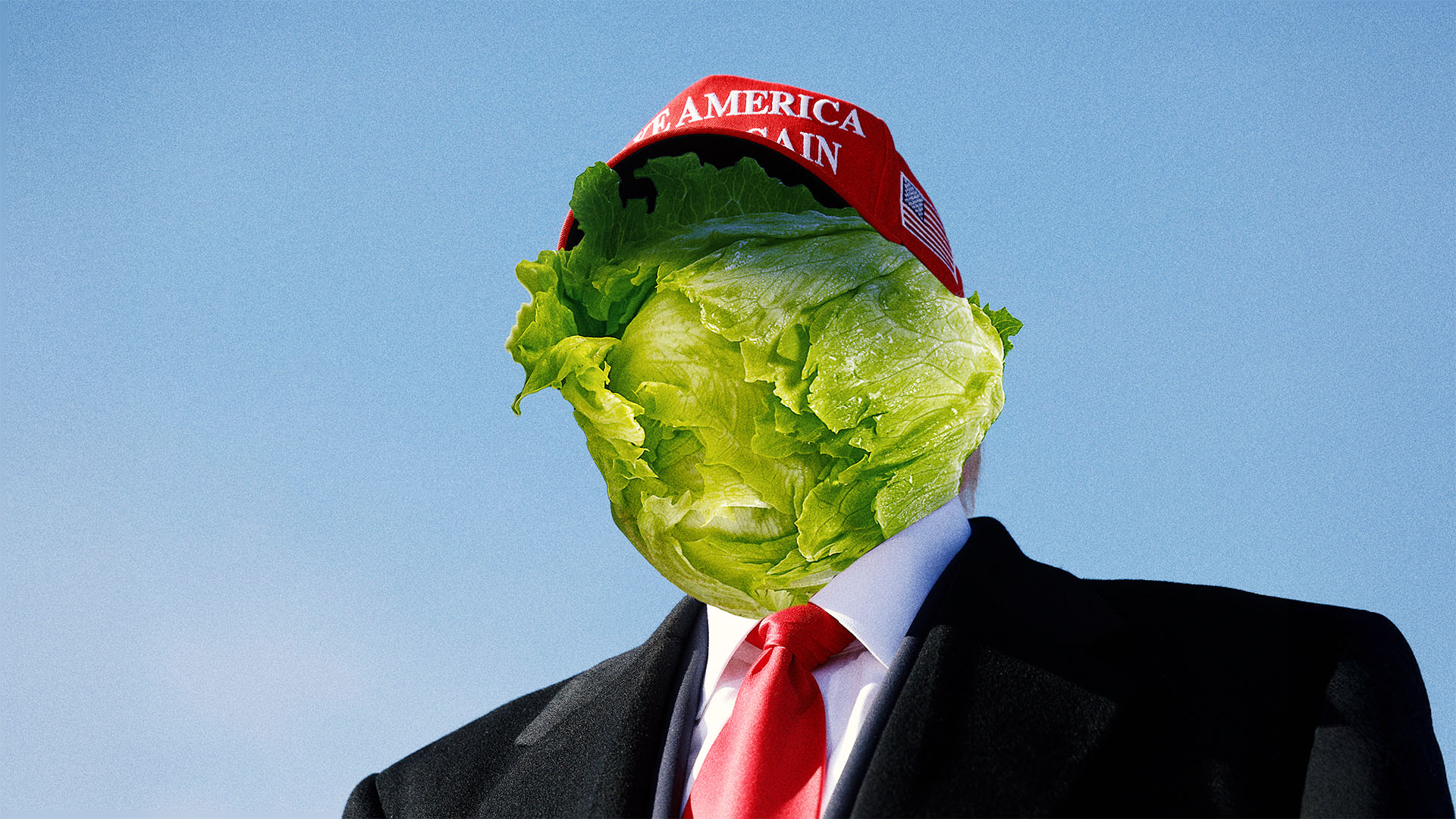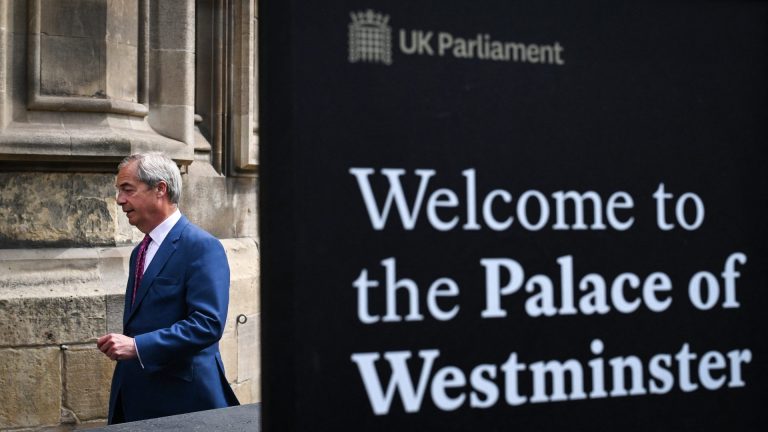Despite the catastrophe of Donald Trump’s so-called “Liberation Day”, where his new tariff regime wiped $2.4 trillion off the value of America’s stock markets, and sent the dollar sharply downwards, the United States of America remains the biggest and most important single economy in the world. For now. But there is no doubt that Trump’s tariff’s were a disaster, as counter-productive for the US as Liz Truss’s “Mini-Budget” was for the UK.
What makes these tariffs so damaging for the US is that they undermine the fundamental economic advantages that America has enjoyed for nearly fifty years. And one of the factors that keeps the US in place as the world’s preeminent economic power is its currency. The greenback. The dollar. Donald Trump’s tariff war may be about to change all that.
The dollar is the global reserve currency. That means governments and central banks around the world buy up huge stores of US dollars which they hold in their treasuries as a way of storing their national wealth.
This appetite for the dollar is global – everyone wants the dollar. And the most effective way to “buy” the dollar is to buy something that is denominated in dollars, which for most international buyers means buying US government bonds: Treasuries.
By buying these bonds, people around the world are buying themselves a piece of the US economy, and in doing so, they are effectively lending money to the US government.
And they lend the US a lot of money. According to US Treasury statistics, in the year to March 2025, investors bought $7.3 trillion of US government debt. That brings the total amount of outstanding US government debt to $28.6 trillion. Just under a third of that total is now owned by foreign investors.
The US government has borrowed trillions of dollars from other nations, all of which have been – until now – eager to lend their money to America. Being able to borrow like this is extremely useful, especially if, like the US, you have an annual budget deficit of nearly $2 trillion. It means that you can run a huge deficit safe in the knowledge that at any time you can simply sell more Treasuries to plug the gap in your accounts. Other countries can’t do this. Only the dollar has this global economic privilege.
And the rest of the world has been happy with this arrangement, in which the US sits at the centre of the global economy and foreign governments buy vast amounts of American government debt. In this way, the US economy keeps growing, the US consumer continues to buy imported goods and the whole global economy keeps ticking over.
And so, when Donald Trump complains that other countries have been “looting, pillaging, raping and plundering” the US, what he overlooks is that, for decades, the rest of the world has happily been funding America’s budget deficit. America has effectively taken out a huge mortgage on itself, and by the introduction of blanket global tariffs, it is now attacking the people who loaned it the money.
Which is not a very good idea. Because if Trump destroys confidence in the US economy, then he will start to erode the international appetite for the dollar. And if he does that, then the system on which the US has relied since the end of the Second World War and which has kept the dollar as the preeminent global currency, will start to break down. The economic consequences of that for America, for Americans and for the global economy, would be catastrophic.
Trumpism so far has been characterised by a series of assaults on the institutions of American life: the media, the courts, the civil service, the universities – and so far, Trump has managed to get the better of them all.
But if Trump goes to war against America’s own economic system, and more specifically, if his actions start to undermine the dollar, then he will have started a war that he cannot possibly win.












